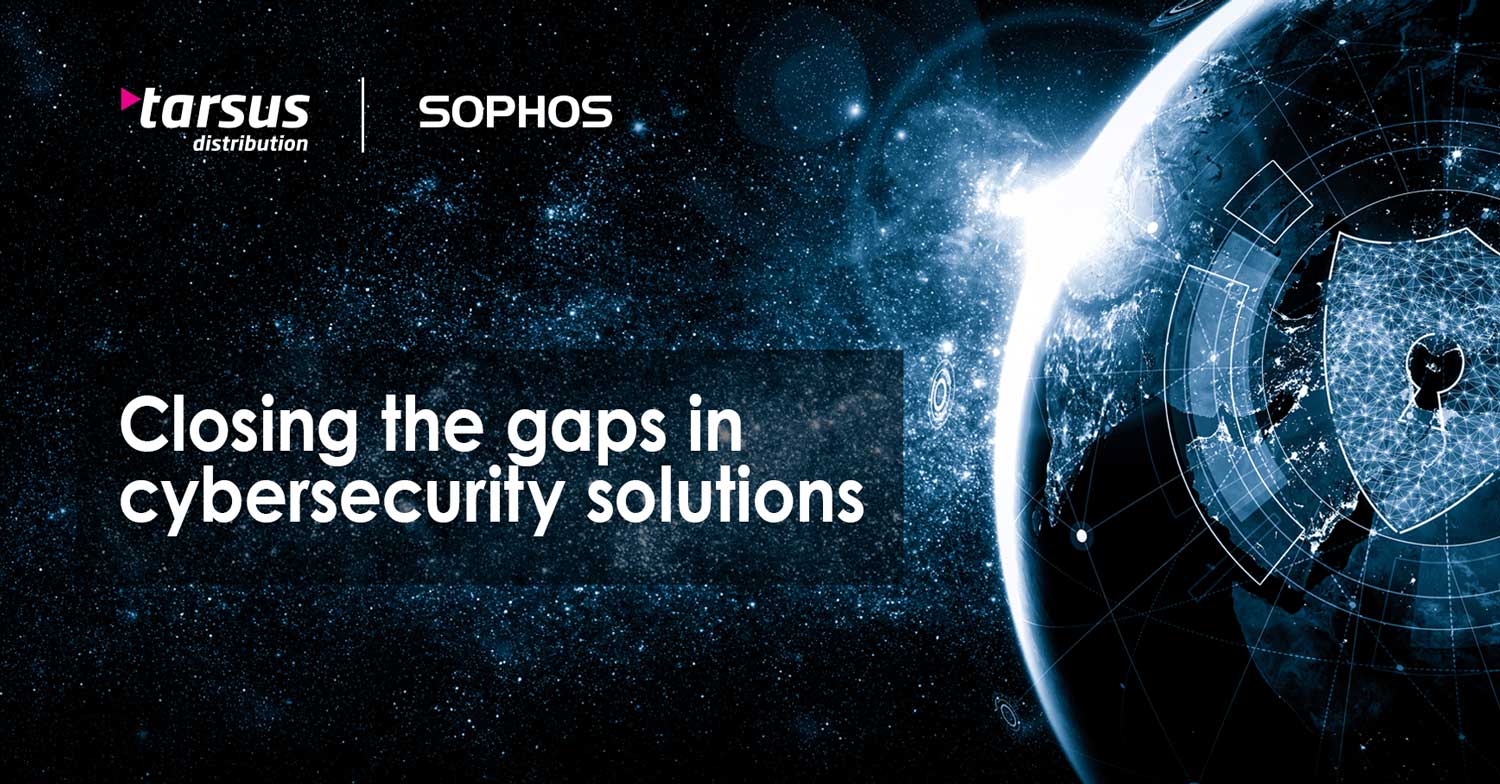 The Covid-19 pandemic and subsequent overnight move to remote working destroyed any last trace of the traditional organisational perimeter for good.
The Covid-19 pandemic and subsequent overnight move to remote working destroyed any last trace of the traditional organisational perimeter for good.
Distributed workforces and the accelerated move to the cloud have created a highly interconnected, global and digital supply chain that has become a favourite target for bad actors.
In fact, attacks against supply chains have become commonplace, and are only getting more complex and sophisticated. This is having a roll-on effect in business ecosystems, as these attacks can affect thousands of businesses at any one time.
This is one reason why supply-chain cybersecurity is at the top of chief information security officers’ to-do lists: cybersecurity has become a business issue, instead of an IT one.
Major gaps in security
Due to this lack of perimeter security and sudden complexity, organisations are struggling to map the reach of their networks, yet alone secure the wide variety of systems and devices that are connecting to them. IT sprawl in an increasingly connected world is leaving massive gaps in security solutions, and attackers are all too aware of this.
To make matters worse, security vendors are always on the back foot, trying to combat attacks from unknown sources, as well as zero-day attacks that can be exploited until the vendor issues a patch.
Luckily, top vendors such as Sophos, have imbued artificial intelligence (AI) and machine learning (ML) into their tools to help fight known adversarial tactics, techniques and procedures (TTPs), which lead to criminal groups and ransomware gangs being brought down and new advanced threats stopped in their tracks.
Unfortunately, the more the cybersecurity industry plugs the security holes, the more fraudsters look for new ways to evade the security nets, by changing their tactics, and often using clever social engineering and legitimate credentials to compromise a business.
A shift to security operations
These trends have seen businesses in every industry re-examine their cybersecurity measures and develop tools that are effective against intelligent and advanced threats. To start this journey, a mindset change from security management to security operations is needed.
Gone are the days of implementing a solution and simply letting it run; as attackers become more hands-on, so must defenders. They need to pinpoint anomalous behaviours and stop cyberattacks as quickly as possible to mitigate and limit any damage.
To do this effectively, they need to understand their adversaries, and because attackers will leave a trail, no matter how good they are, security teams can find those traces and follow them to stop a breach as soon as it begins and is able to damage the business.
A move to adaptive security
To do this effectively, security teams must move away from unintegrated security point solutions to an adaptive security system that is able to automatically prevent threats while enabling security teams to look for and identify any odd behaviours or actions that might signal an attack is taking place.
Because business environments and attacks have evolved together, security systems need to learn and improve intelligently, too. In this way, any new information and events learned by security teams can be automated, which improves prevention and reduces the number of attacks that successfully penetrate the network.
Harnessing the power of automation
Luckily for businesses around the world, a system like this already exists. Sophos introduced Adaptive Cybersecurity Ecosystem (ACE), which addresses the security challenges that today’s organisations must face.
It does this by using the power of automation and analysts to enable the shift from security management to real security operations. Through automation, any abnormal behaviours and events are analysed far faster, enabling human analysts to use their knowledge and expertise to correlate multiple suspicious signals and determine what they really mean.
Sophos ACE is made up of five elements:
- Threat intelligence
- Next-generation technologies
- Data lake
- APIs
- Central management
Sophos ACE understands that cybersecurity is a business issue, and was designed with securing the interconnectedness of our businesses and online worlds in mind. It protects systems and data no matter where they are and learns and betters itself to ensure it can protect against any future changes in adversaries’ attack patterns.
Continuously improving
Perhaps ACE’s most compelling feature is that it leverages automation and human operators in a circle that constantly improves and betters itself, creating a truly adaptive cybersecurity ecosystem.
However, another equally attractive benefit is that customers can use as little or as much as they want to. Customers can select an endpoint solution, or firewall, and then expand when they need to and in their own time.
After all, it wasn’t only workforces that changed over the past few years. Many brick-and-mortar security operations centres (SOCs) turned into virtual SOCs during this period.
It is for this reason that Sophos ACE can be managed by security experts from anywhere and at any time, giving organisations around the world the option of benefiting from the best global security talent the industry has to offer.
For a solution that addresses the security challenges that your business faces, contact Tarsus Distribution today.
- This promoted content was paid for by the party concerned




